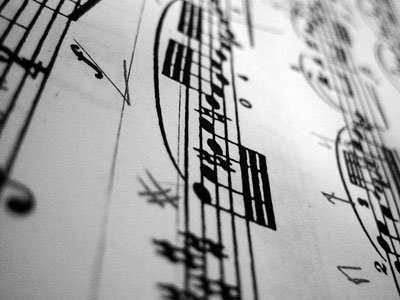All Nonfiction
- Bullying
- Books
- Academic
- Author Interviews
- Celebrity interviews
- College Articles
- College Essays
- Educator of the Year
- Heroes
- Interviews
- Memoir
- Personal Experience
- Sports
- Travel & Culture
All Opinions
- Bullying
- Current Events / Politics
- Discrimination
- Drugs / Alcohol / Smoking
- Entertainment / Celebrities
- Environment
- Love / Relationships
- Movies / Music / TV
- Pop Culture / Trends
- School / College
- Social Issues / Civics
- Spirituality / Religion
- Sports / Hobbies
All Hot Topics
- Bullying
- Community Service
- Environment
- Health
- Letters to the Editor
- Pride & Prejudice
- What Matters
- Back
Summer Guide
- Program Links
- Program Reviews
- Back
College Guide
- College Links
- College Reviews
- College Essays
- College Articles
- Back
Emperor Turned Prisoner
Napoleon, his name rings loudly in the ears of all the French people. He conquered most of the continent of Europe. He was an Italian from a wealthy family on Corsica. There he was trained in the prestigious military school. Corsica at this time was just sold to France. Educated in France at Brienne, here he learned to be a tactician, soldier, and a superb administrator. He began his career in Italy and worked his way to become commander of all French forces in Italy. As a commander, he was a beacon of hope for the Frnech. France was in a governmental turmoil; they had just revolted and were trying to set up a government. Napoleon was a perfect leader; his first exploit was forcing Austria and her allies to proclaim peace towards France. He was a superb tactician and was also a good politician; he supported the arts, literature, and public education. Napoleon was able to conquer the area of Egypt currently under the rule from the Ottoman Empire. In this move, he hoped to cut off the British trade to India.
He did conquer Egypt, but the large British Navy deterred him from eventually attacking British India. His hopes now were to create a huge amount of French influence in the Middle East. On his way to Egypt and the Middle East, he entered Malta. There he over threw the Prussian leader and became friends with the controlling knights. When in Egypt, Napoleon did many astounding things. He was accused of destroying parts of the Sphinx for target practice; but more importantly, he found the Rosetta Stone. The Rosetta Stone is a tablet which translates hieroglyphics to Latin. Now, we are able to more thoroughly understand ancient Egyptian life. During the Battle of the Nile, Britain’s Naval force destroyed his Navy. This stopped his march in Asia, but he still could expand in Europe.
After the Egyptian campaign, Napoleon sailed back to France only to find it in total disarray. He started a coup and installed himself as the leader. He then drafted a new constitution that made him leader(Consulate) of France. He crossed the Italian Alps and reentered Italy. He had already conquered Italy; but while away in Egypt, the Austrians drove back into the Italian mainland. He captured Genoa which allowed him to stall the Austrian supplies. He then defeated the Austrians at the Battle of Marengo. Emboldened by British power, Austria would not realize that Italy was a new territory of France. Napoleon felt insulted and became outraged; he forced his armies to attack Austria and led them to victory. This made the Austrians sign the treaty recognizing French power in Italy.
Many European countries formed an alliance to destroy the French power; these alliances were called Coalitions. The different wars in the time of Napoleon are named after these Coalitions. The War of the Third Coalition was when Austria, Britain, and Russia joined together to try and defeat Napoleon. Napoleon knew that he could not destroy the British Navy in battle, so he decided to draw them from the English Channel. His hope was to draw away the Navy long enough to invade Britain. His hopes were crushed during the Naval Battles of Cape Finisterre and Trafalgar. He could not invade England.
He now began to invaded Germany and Austria. After the multiple Coalition wars, Napoleon had conquered Spain, Italy, Germany, Poland, Austria, Prussia, Norway, and the Netherlands. His French Empire stretched over the whole of Europe; only Britain had escaped his power. Napoleon began an invasion of Russia. The Russians had a smaller force than Napoleon and not as much strategy. They deployed a burn-and-retreat method; what this meant is that they would not attack but burn everything as they retreated. This made Napoleon’s troops not have any supplies. This burn-and-retreat method was working; and then when Napoleon’s men were weak and many had deserted, the Russians attacked and destroyed the French forces making the first French Empire fall. He had entered Russia with 400,000 troops; but in the end of the campaign, he was left with 40,000 troops. The Russian winter and starvation caused Napoleon’s army to die.
Napoleon then exiled himself to St. Helena were he was imprisoned and died. Some believe he was poisoned with arsenic, others his great grief. He was originally buried in St. Helena but was moved to Paris were he now lies.

Similar Articles
JOIN THE DISCUSSION
This article has 0 comments.
